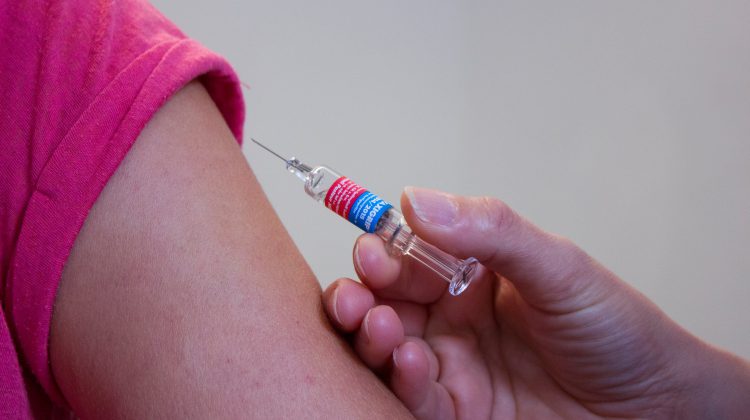(Files by Dione Wearmouth-MyPGNow)
There are a number of factors to consider when determining if one will receive the Pfizer COVID-19 vaccine once it’s available to everyone.
An Ipsos poll determined two-thirds of Canadians will decide to get the vaccine, and 66% are satisfied with the Federal Governments’s approach to securing the vaccine.
Alex Lautensach is an adjunct professor at UNBC that has worked in a number of fields including biology, environmental science and bioethics, he says it all boils down to the level of trust one has in both modern medicine and the government.
“Assuming that people have access and cost is not an issue, then it comes down to trust,” explained Lautensach, “not just established records of safety tests, but how much does the person trust modern medicine.”
“This medicine means Biochemistry, Molecular Biology and hardcore reduction in science that not everyone is in favour of anymore,” he added.
He refers to the increasing rates of Cancer patients in Northern BC choosing to avoid mainstream medicine-based treatments.
“There’s a fair amount of distrust now,” he added, “lots of people are more willing to trust treatments that are not accepted on the basis of standard medicine.”
Past experience with the health care system will play a large part in whether or not one will get vaccinated as well.
“If that person has had certain negative or positive experiences with mainstream medicine, that will sway their decision,” he added.
While it is still unknown what percent of Canadians will receive the vaccine, Lautensach explained that social media may also heavily impact whether or not one gets the vaccine.
“With new vaccines, there is always a small minority of people that suffer from adverse reactions, we saw that from Polio, Smallpox and all the common vaccines, with Social Media that information from those people can be blown out of proportion,” he explained.
Something going on in the Cariboo you think people should know about?
Send us a news tip by emailing [email protected].








